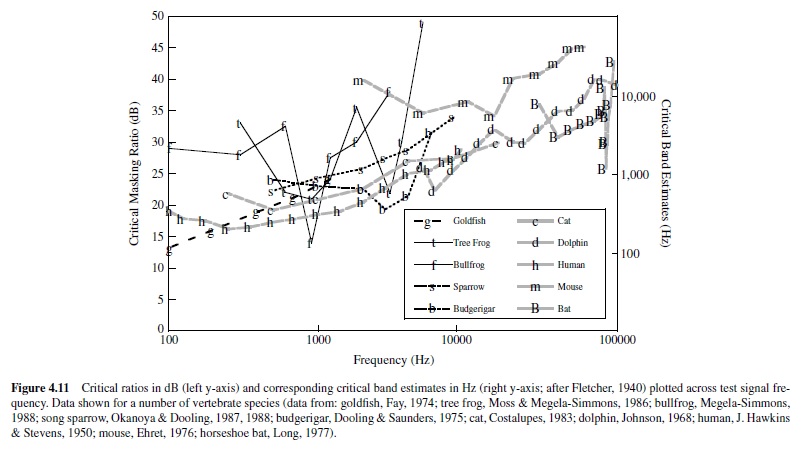
The movement soon expanded to include South-Asian Americans, Korean Americans and Vietnamese Americans.Īs Asian Americans worked for increased visibility, “Asian” and “Asian American” became more general ways of talking about people while avoiding other terms that were incorrect or problematic, like Oriental, which was prominent before the ‘50s, Murphy notes.

Given that their numbers individually were much smaller than other race-based movements, “it was a moment in which Chinese American, Filipino American, Japanese American activists came together and said, ‘You know, let’s unite under this umbrella of Asian American,’” explains Anthony Ocampo, a sociologist at Cal Poly Pomona. The term “Asian American” emerged from student activists inspired by those movements and was purposefully broad. In America, the situation is just the opposite: say Asian and people assume ‘east Asian.’ When people mean ‘south Asian,’ they’ll probably say Indian or maybe South Asian.”Īs civil rights movements swept the United States in the 1960s and ‘70s, Asian populations likewise seized the moment to agitate for their rights. In The Prodigal Tongue: The Love-Hate Relationship Between American and British English, Murphy writes about a British journalist whose use of the word “means ‘from the Indian subcontinent,’ and so when he wants to talk about people from China, Korea, or Japan, he east Asians. After all, in the U.K., where the breakup of the British Empire contributed to a wave of immigration from South Asia in the mid-20th century, “Asian” has a different meaning. It’s easy to see how important that contact was. In addition, the Immigration and Nationality Act of 1965 made way for large-scale immigration from Asia to the U.S.


was at war with Japan, then Korea, then Vietnam, and has occupied other parts,” explains linguist Lynne Murphy. At the time of this rise, in the U.S., contact with Asian cultures was predominantly via East Asian countries.


 0 kommentar(er)
0 kommentar(er)
